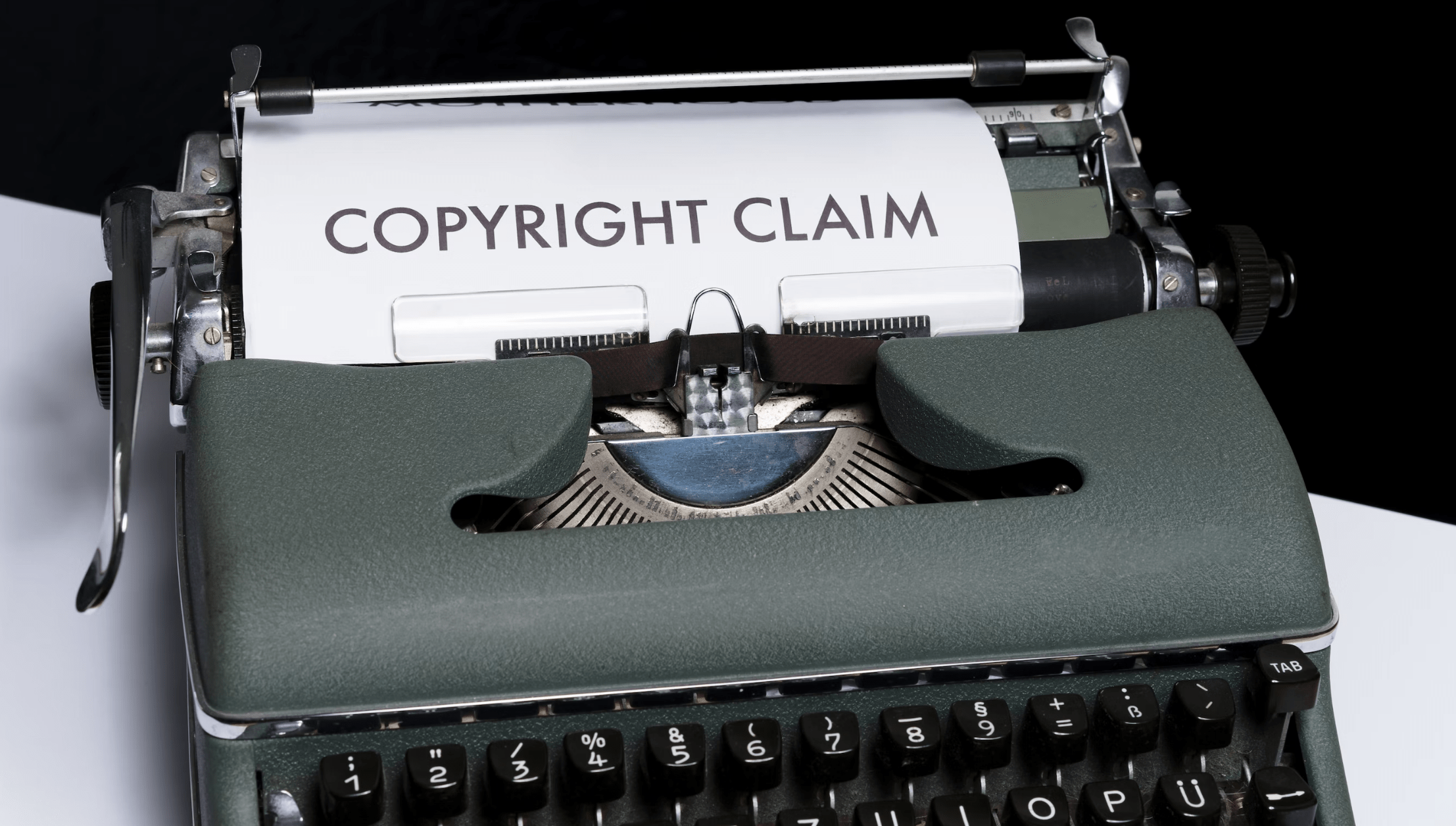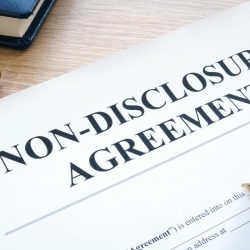Today, media companies are fighting battles on multiple fronts to protect their intellectual properties. However, major sites like YouTube are almost certain to have the most takedown notices filed against them each year. Something like the Pirate Bay, on the other hand, seldom has takedown notices filed against it, and if it does, it does not respond to them. If it did respond to them, there would be another torrent file up on the site in a few minutes after the original was taken down.
It is fair to ask: How do media companies protect their IP from pirates? Well, the torrent itself has the IP addresses of everyone downloading the copyrighted material at the time. If you are unlucky enough to be downloading the copyrighted material when the torrent is hacked, the information will be sent to your internet service provider and you will be given a nastygram instructing you not to violate the law.
With sites like Pirate Bay, however, you are dealing with an internationally-hosted site in a country that does not have super-strong copyright legislation. With YouTube, you are dealing with an American company that is hosted in the United States and can be subjected to legal pressure.
Filing a DMCA Notice With YouTube
This happens sometimes. Let’s say I’m in a band. My band produces a hit song, and now, everyone wants in. Eventually, someone on the internet makes a karaoke version of the song by stripping the vocals and putting up the lyrics. I did not authorize this karaoke version, and I am not getting a cut of the proceeds. I file a notice a DMCA notice with YouTube to remove the video immediately. In this case, I have my lawyer file a notice with YouTube’s registered agent. YouTube accepts the allegations at face value and then removes the video from its platform. It files notice with the individual who put the video up that the video has been taken down. The individual has a right to contest the takedown.
If an individual who has uploaded copyrighted material to YouTube claims that the material is theirs, then YouTube will review the counter-notice it received and either ask for more information or deem the counter-notice complete and valid, and forward the information to the person who filed the complaint. At that point, I have 14 days to file a lawsuit against the individual who has uploaded copyrighted material to YouTube. If I do not file this lawsuit within 14 days, the allegedly-copyrighted material will go back up on YouTube.
Can I File a DMCA Notice Myself?
Yes. Creating a takedown notice does not require a law degree. A takedown notice is composed of the following information:
- Name, address, and electronic signature of the complainant
- The infringing materials and their URL on the offending web host
- A statement by the copyright owner that there is a good-faith belief that the material was used in violation of the DMCA
- An affirmation that the statements made are accurate under the penalty of perjury and that the complaining party (usually a lawyer) is authorized to act on behalf of the copyright owner
Essentially, that is all the information you need to provide to a web host to get copyrighted material taken down. However, if the user fights the action, then you will need an attorney to file suit on your behalf.
Contact a Los Angeles Copyright Attorney Today
Carbon Law Group helps digital content creators protect their intellectual properties from illegal use. To learn more, call us today, and we can begin discussing your options immediately.





